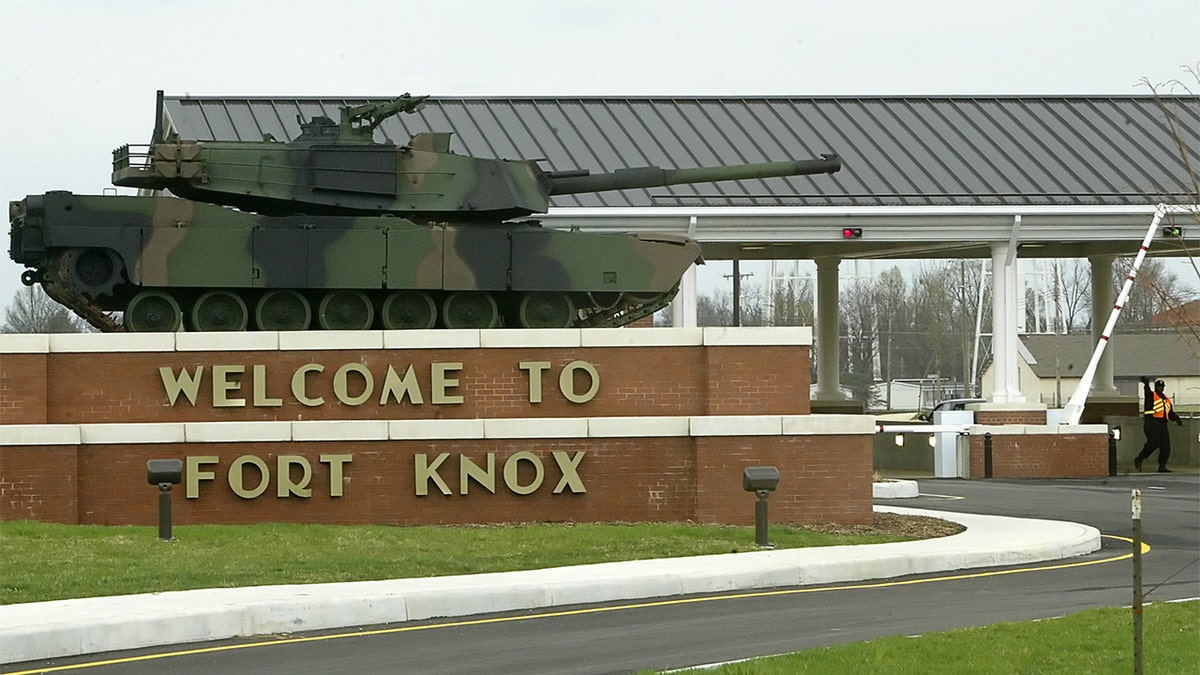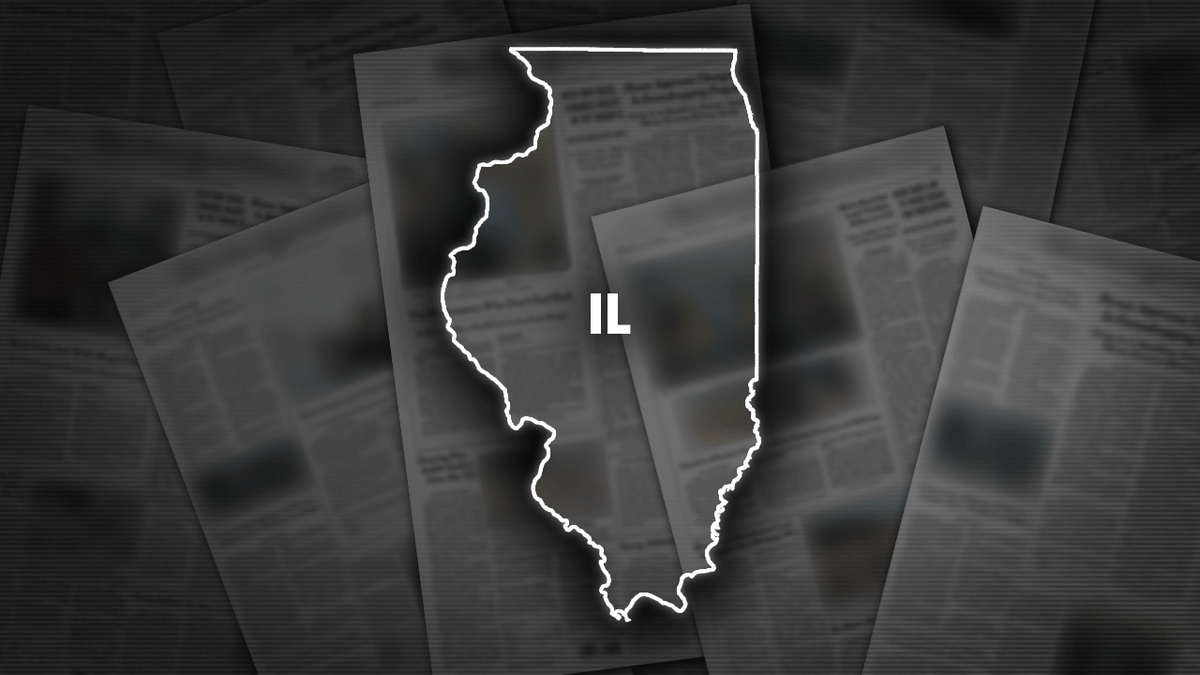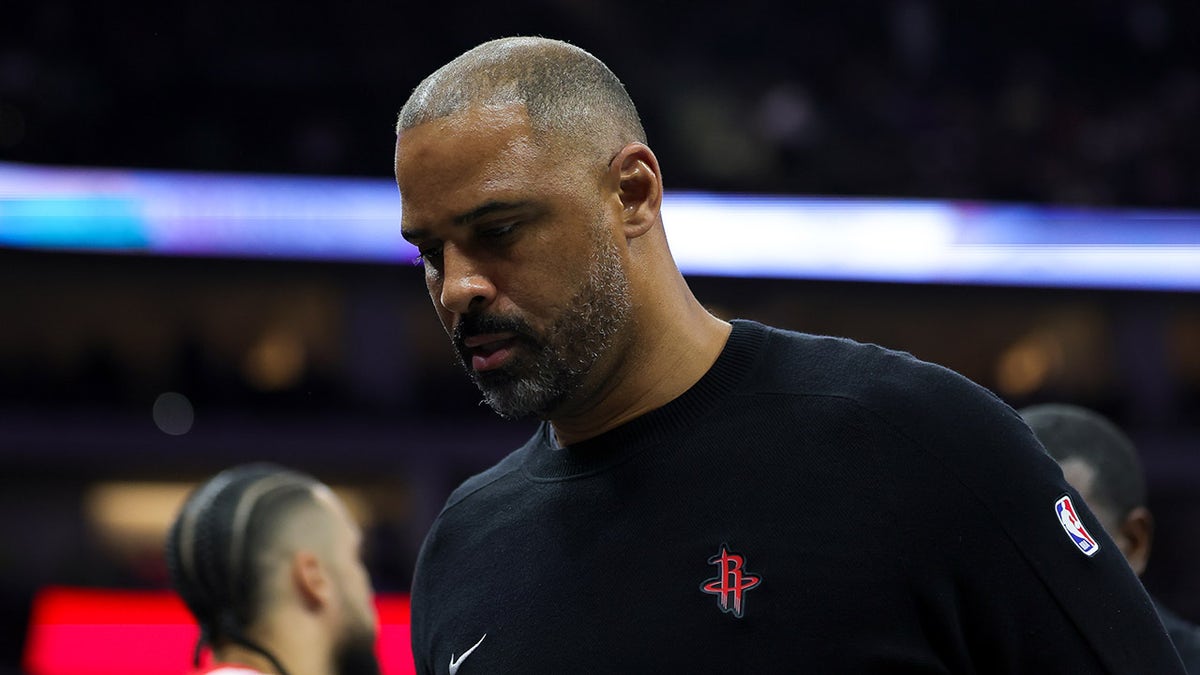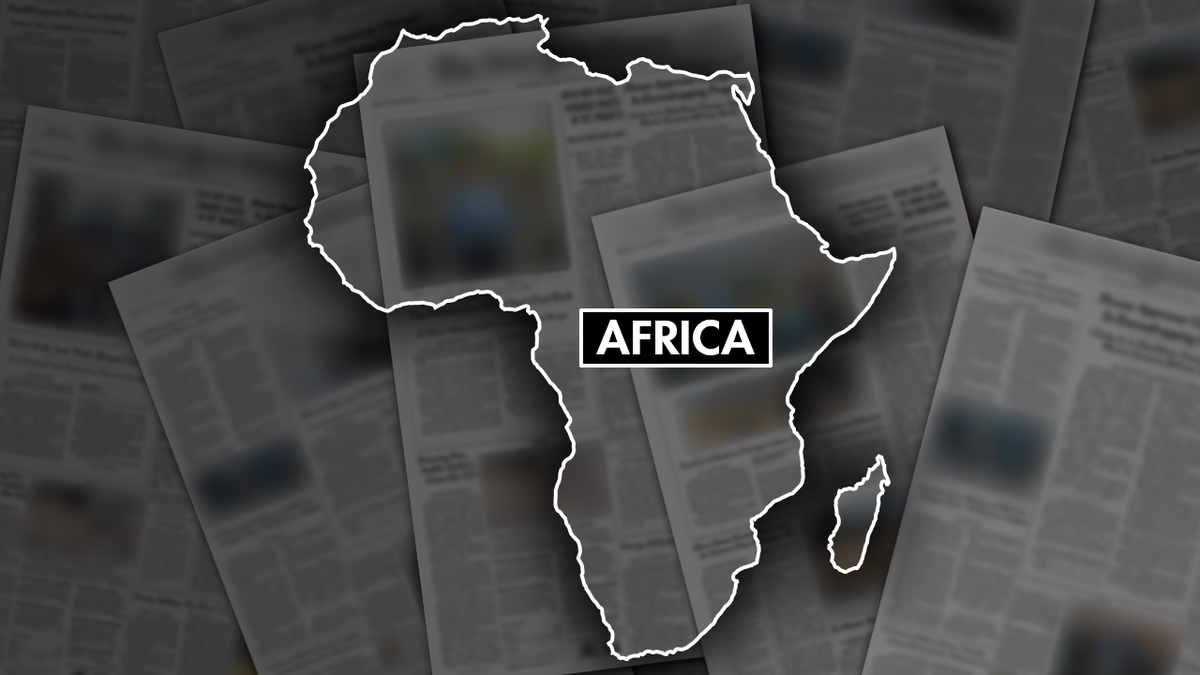The possibility of a live-streamed audit of the U.S. gold reserves at Fort Knox has sparked considerable interest and speculation. Reminiscent of Geraldo Rivera's infamous Al Capone vault opening in 1986, the potential event raises questions about transparency and public trust in government.
While Fort Knox's security remains unquestioned, the key issue is whether the facility safeguards actual gold or conceals a shocking secret. Although Treasury Secretary Scott Bessent has affirmed the gold's presence, figures like Senator Rand Paul advocate for greater transparency, echoing calls from former President Donald Trump.

The image of gleaming gold bars contrasts sharply with the potential consequences of their absence. Such a revelation would severely undermine faith in the government, implying a deception of immense proportions. The implications extend beyond the financial system, impacting public trust in official narratives.

Even if the audit confirms the gold's presence, the act of transparency itself holds value. As Senator Paul notes, it would dispel conspiracy theories and reinforce public confidence. This emphasis on transparency addresses a growing national concern: the erosion of trust in government. This distrust, arguably a greater threat than external challenges, underscores the importance of verifying that the government operates with integrity.
Regardless of the outcome, the potential Fort Knox audit presents a significant opportunity to either reaffirm public trust or uncover a historic deception. The call for transparency reflects a broader societal need for accountability and truth from those in power.








